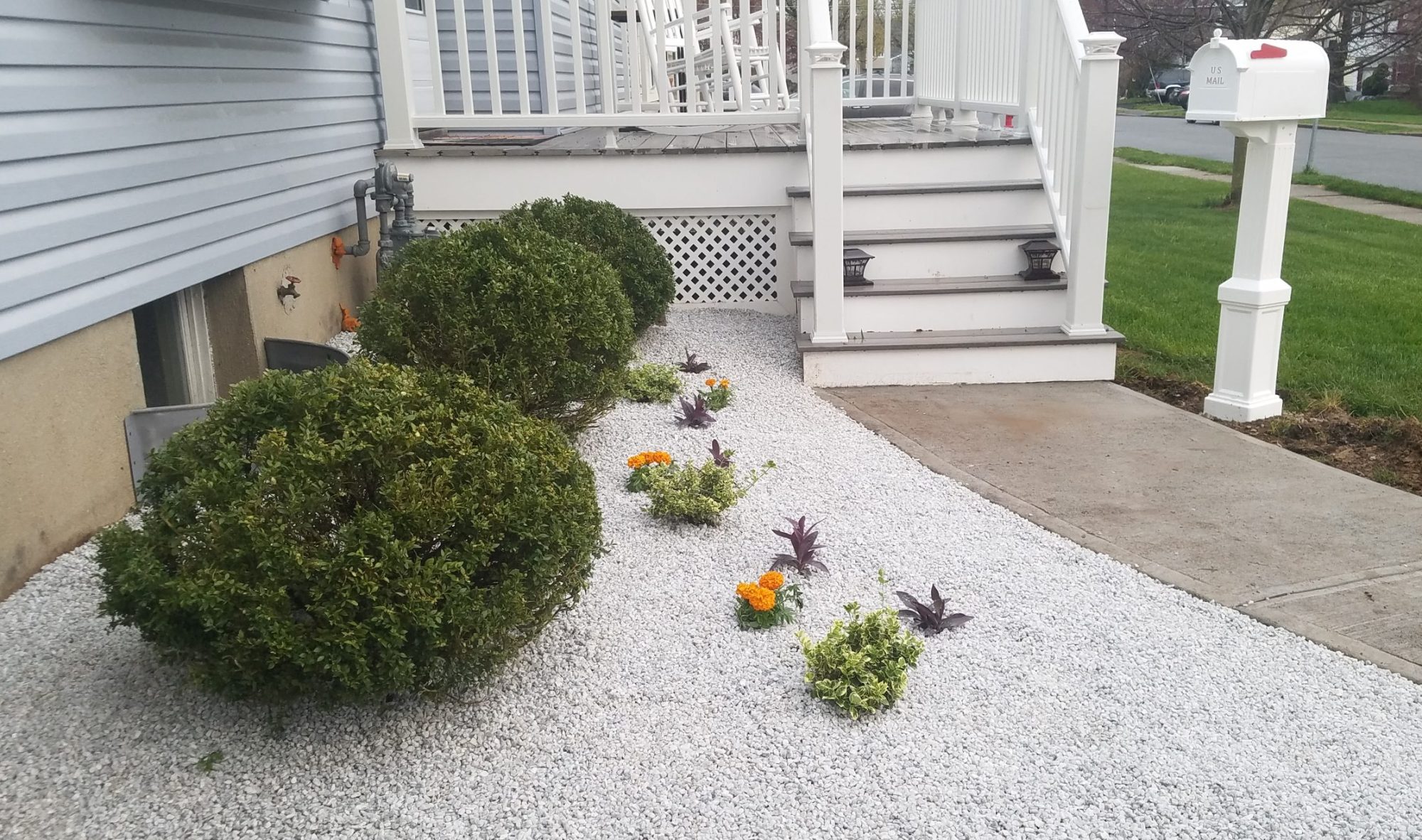Summers coming to an end, falls around the corner and with it comes Vibrant sunsets, blooming flowers, Garden harvests, Leaves and….bugs.
There are simple ways you can keep bugs off of your property in order to protect your family, gardens & any upcoming harvests. One method is by adding plants that also repel insects. Learn how to rid your garden & home of pesky insects, while also adding color to your home with plants that repel insects.
Best plants to repel Insects & add color to your home (2020)
Herbs
Lavender –
Bay leaves –
Citronella –
Lemongrass
Note- Article is still in progress. This list will be updated soon with more info
Sprays & Traps
Household items Methods
Fortunately there are ways to rid your plants (indoor&outdoor) of bugs without using chemicals. The following methods contain products readily available in your home.
Fortunately, there are ways to rid your plants (indoor and outdoor!) of bugs without using chemicals. The following methods contain products readily available in your home.
1. Spray soapy water
Soap dehydrates aphids and spider mites. Mix 5 TBLspoons of dish soap w/ 4 cups of water in a bottle and spray plants with the solution.
2. Neem oil spray
Made from the seeds of neem trees native to India, this age-old, natural insecticide and anti-fungicide repels aphids, mites, scale and other small, soft-bodied insects.
3. Pyrethrum spray
This natural insecticide is made from dried chrysanthemum flowers. Mix the powder with water and dish soap to create a spray. Pyrethrum spray paralyzes flying insects on contact, so many pest control companies use it to control mosquitoes.
4. Beer trap.
Beer is a favorite for Snails & slugs specifically. Place a few saucers of beer to trap and prevent these bugs from reaching your plants leaves / roots. An alternative to beer is Grape juice; grapefruit or orange rinds also make good traps.
5. Garlic
Garlic’s strong smell repels bugs & vampires. Consider putting a garlic clove into the soil of plants to keep bugs away.
6. Herbal water spray
Essential oils from sage, thyme, basil, rosemary, mint, rue and lavender repel some insects. To create a spray, take crushed leaves or trimmings, soak in a bucket of water overnight and strain. Or, dilute store-bought essential oil with water. You can also plant these herbs in your yard to detract insects.
7. Alcohol spray
Create a solution by mixing 1 or 2 cups of 70 percent isopropyl alcohol with a quart of water. The solution will repel insects from houseplants and tropical foliage.
8. Nicotine
To repel leaf-chewing insects, make a nicotine tea by soaking 1 cup of dried, crushed tobacco leaves in 1 gallon of warm water and one-fourth teaspoon of dish soap. Strain after 30 minutes, and spray the mixture directly on the leaves.
9. Water
Much like a heavy downpour, a strong spray of water from a house can remove bugs from plants
10. Tomato Leaves natural insecticide
Tomato plants are part of the nightshade family that contain alkaloids such as the aptly named “tomatine,” which can effectively control aphids and other insects.
To make tomato leaf spray for a natural insecticide,
chop 2 cups of fresh tomato leaves (which can be taken from the bottom part of the plant) into 1 quart of water, and let steep overnight. Strain out all plant material and spray the solution on plant foliage.
Other:
Spices Repel Insects
- Draw a boundary line along door frames or windowsills with a mixture of turmeric powder and cinnamon or cayenne in equal quantities to keep ants from entering the house.
Baking Soda Kills Cockroaches
Red Wine Vinegar Kills Flies
- 2 tablespoons of red wine vinegar and 1/2 teaspoon of dishwashing liquid in a bowl and set it in a place that is frequently visited by flies.
Note:
Killing off all of the insects in your garden is not the desired result here, as any healthy ecosystem requires an abundance of beneficial insects, microbes, and fungi, both in the soil and on the plants themselves, so introducing other predatory insects (ladybugs, praying mantis, etc.) or creating good habitat for them, as well as building soil fertility, can also be an effective pest management approach.

That’s it for Hidden Leaf Landscapings guide to repeling insects with colorful plants & household spray remedies ” for now. Thanks for reading & get to planting! Check back with Hidden Leaf Landscaping for more Gardening, lawn care, & landscaping help and don’t forget to contact us for your next home project or lawn care needs.


Thanks-a-mundo for the post. Much thanks again. Awesome. Quentin Rudolph Hullda
Major thankies for the post. Thanks Again. Really Cool. Karine Pattie Wey
Thanks for the information, i am bookmarking it for future updates.
Fabulous, what a web site it is! This web site provides useful data
to us, keep itt up.
There is clearly a bundle to know about this. I believe you made various nice points in features also. Suki Arturo Lodhia
This post provides clear idea in favor of the new viewers of blogging, that actually how to do blogging and site-building. Malina Sammy Kerwin
What’s up, after reading this awesome post i am as well delighted to share my experience here with friends.
Great looking website. Assume you did a great deal of your very own coding.
It is a very good useful article I like to read such articles
You have a quality site, I congratulate you on this
I like a very useful article, I like our page and follow it
I like and follow your site, thanks
I love surfing on your pleasant site
You produce quality content, I appreciate you
Wow, great blog article.Really thank you! Really Great.
I ‘m pretty sure that you may be bang on about this.
thank you bro.
I am thinking of visiting your website again Thanks
It was very useful, I can say it was a useful article for me.
royal thank.